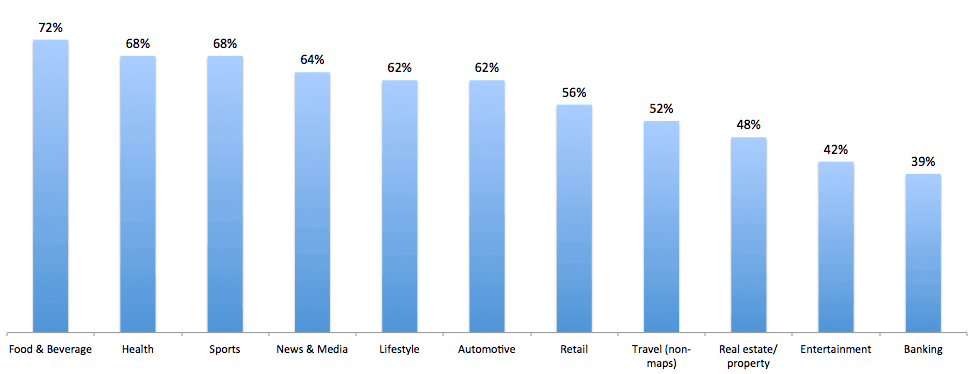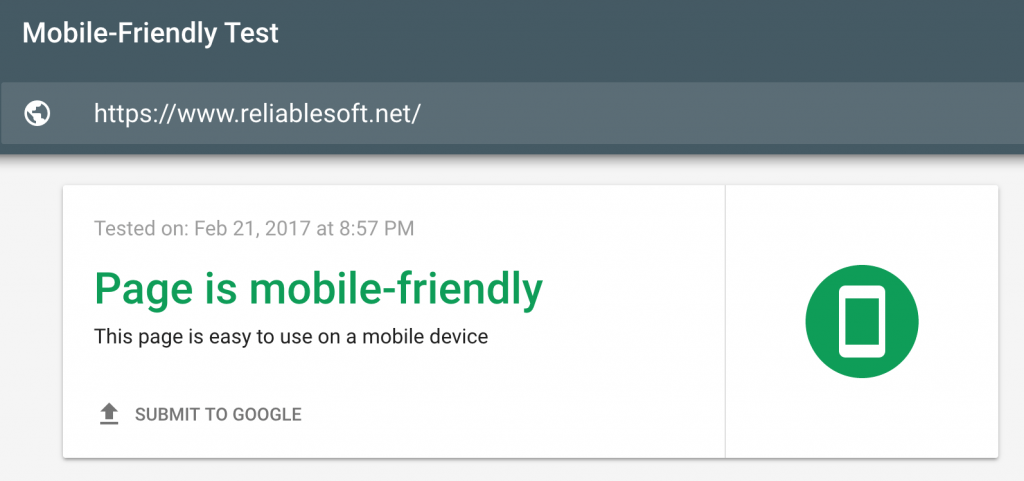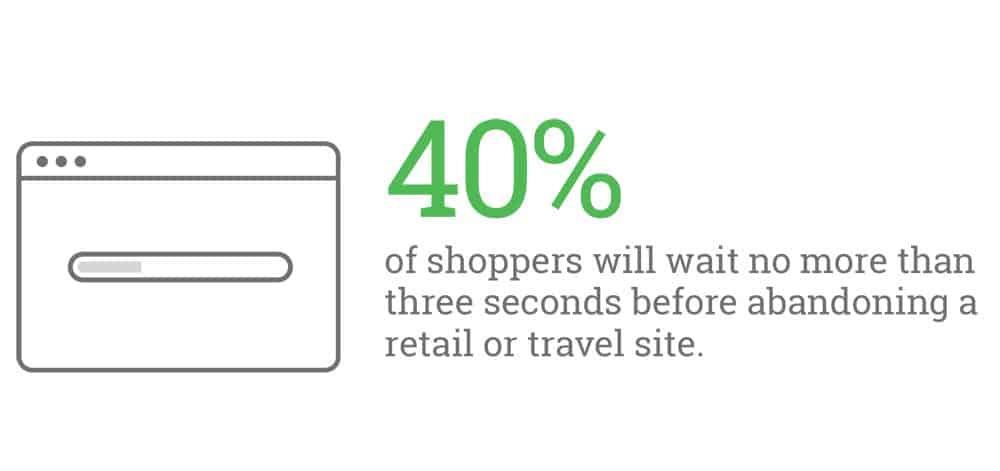Domain Authority (DA) is a number (metric) that indicates the authority of your website. The higher the authority of your domain, the higher the chances that you will get a higher ranking in the search engine result pages (SERPS) and get more organic traffic.
The Domain Authority metric was developed by Moz, but other companies have created similar metrics that rank domains based on various factors and give them a rating from 0 to 100.
The idea of ranking domains based on their authority came from PageRank, which was introduced by Larry Page (one of the founders of Google) and is still used today as a way to measure the importance of web pages and websites.
What Is The Domain Authority (DA)?
The DA of a website is a score between 0 and 100 (the higher the better), which tries to predict how well a website will rank in search engines.
It is not the same as the ranking score used by Google (PageRank), which can really influence your ranking.
Moz (and other companies that have similar systems) are trying to simulate Google’s ranking algorithm taking into account all known factors that can affect rankings and assigning a score to domains that can be used for comparison purposes only.
In other words, the DA depends on the data Moz has about your site, which is sometimes not as accurate as what Google knows about your site.
It is normal for a domain to have low domain authority but rank high in Google.
Other things you should know about DA:
- The DA does not take into account Google’s sanctions. A domain that is subject to a Google penalty naturally loses its ranking, but if Moz doesn’t necessarily know that. Therefore, the domain authority will remain high as long as the domain is penalized.
- Google’s ranking algorithm takes into account hundreds of factors (no one knows exactly the number, but some predictions indicate that there are more than 200), while the Domain Authority only takes into account 40 factors.
- Changing your DA score is not easy. It is not something you can do today on your website and see the domain authority increase immediately.
- The DA is based on a logarithmic scale. This means that it is easier to improve your DA score from 20 to 30, but it is much more difficult to go from 70 to 80. As the scale increases, it becomes more difficult.
- DA changes frequently, so it’s not a metric for measuring SEO performance over time, but a website metric to use for domain comparison purposes.
How Is Domain Authority Calculated?
According to Moz, they calculate the Domain Authority taking into account various signals (40 in total), including:
- The number of links received that point to your site.
- The quality and relevance of the links received.
- The quality of the content of your website.
- Social media signals (the popularity of your domain and those of social media)
- The overall SEO performance of your site
How Do I Find Out The DA For My Site?
To find your domain authority score, go to Moz open site explorer, enter your domain and see the result.

What Is Page Authority?
Page Authority (PA) is similar to DA, but instead of taking domain-wide metrics into account, it uses specific tokens for a specific page.
The score provided is a forecast that indicates the strength of a page and how well it can be rated on search engines.
A website that has lots of high authority pages will also have a higher DA (domain authority) score.
How To Improve Your Domain Authority
Now that it’s clear what domain authority is and how it’s calculated, let’s look at how you can improve your domain authority.
These are the 7 steps to follow to practically increase your domain authority score.
- work on your off-page SEO
- On-page SEO optimization
- work on your technical SEO
- make sure your site is mobile-friendly
- Improve your page speed
- increase your social cues
- Be patient
Work On Your Off-page SEO
Your link profile is the most important metric of all. Sites with a solid and clean profile will have a higher DA score than sites with a not-so-good link profile.
What is a strong link profile?
A website is said to have a strong link profile when:
- It has links from high authority sites
- Inbound links are from related sites
- No bad links (low-quality links)
- Links from multiple unique domains
How to improve your link profile?
The process of improving your link profile is known as off-page SEO and is related to techniques you can use to acquire good links that will eventually improve your ranking.
To strengthen your link profile and, among other things, improve your domain authority, you should:
- Remove Bad links from your profile
- Strengthen your link profile
To give you an overview of the process, there are two main ways to get good links.
1. Construction of natural bonds
Have great content on your site that attracts links from other sites.
This is known as “natural link building” and the theory is that someone finds your website, reads your articles, likes and links to one of your articles.
For this to work, you need to have link-worthy content posted on your website.
In other words, insightful, useful and easy-to-read content, so that other webmasters are willing to refer to it in their articles.
In practice, this process works and is very beneficial, but you should be patient, as it will take time to get enough readers for some readers to share your content on their blogs.
2. Blogger outreach
The second way to get good links is to contact other webmasters and let them know that you exist.
By doing this, you increase your chances of linking to your website in your articles.
On-Page SEO Optimization
The next step to improve the authority of your domain is to work on your On-Page SEO.
On-page SEO is about optimizing your page and content.
- Optimized titles and descriptions
- Appropriate use of Headings (H1 and H2) in your content
- URL structure and permalinks optimized for SEO.
- SEO Optimize your images, videos, and other multimedia elements
- Use keywords naturally in your content (no keyword padding)
- Add internal links to your content (this is a very powerful SEO technique)
- Your content is formatted so that it is more likely to be ranked in featured snippets from Google.
It needs to be mentioned again that content quality is the most important ranking factor of all, both for on-page and off-page SEO.
As Google indicates in one of its SEO guides, it is important to keep your content fresh and up to date.

Work On Your Technical SEO
Technical SEO is related to low-level SEO tasks, and generally speaking, when you get your technical SEO upfront, you don’t have to deal with it again.
On the other hand, if the SEO technical aspect of your website is not correct, it can have a big impact on the authority and ranking of your domain.
Critical SEO settings you should check to include:
- Register your site with Google Search Console and Bing webmaster tools
- Create and optimize your XML sitemap and submit it to Google
- Check the robots.txt settings and use Fetch like Google to make sure Google and other search engine spiders can crawl your site smoothly.
- Consider migrating your site to https
- Add structured data information (schema) to help search engines understand the context of your content
- Make sure you have a properly configured breadcrumb menu on all pages
- Make proper use of hreflang (if you have a multilingual website)
Make Sure Your Site Is Mobile-friendly
Having a website optimized for mobile devices is no longer optional or enjoyable, but it is mandatory.

Here are a few reasons:
- Now, searches on mobile devices are more than computers (around 60%).
- Most users start their search on their mobile phone and continue on their computer
- Compatibility with mobile devices is a ranking factor (appearing in Google mobile results)
- Google is working on a first index for mobile devices and sites that are not compatible with mobile devices will simply not be included
- Not having a mobile-optimized version of your site (or responsive site) has a negative impact on your overall domain authority score.
If your site doesn’t support mobile devices yet, the best way to start is to go to the Google Mobile Compatibility Test and run the test for your domain.
Google will provide a good report with recommendations on how to prepare your site for mobile devices.

Improve Your Page Speed
One of the known “signs” of Google’s ranking algorithm is page speed. Sites that load faster have an added advantage over slower sites.
Improving page speed will not only improve your ranking and domain authority, but will also improve the user experience, which translates to more sales, leads, and subscriptions.

It is not always easy to solve the page speed problem. There are many technical elements involved, and if you are not a developer or someone with technical knowledge, it can be very difficult.
However, if you cannot hire a developer to increase the loading speed of your site, check the following:
- Remove unnecessary plugins
- Update WordPress (and plugins) to the latest versions
- Contact your hosting provider and ask them to provide you with a report on the performance of your server. If necessary, upgrade to a more powerful server.
- Use a cache plugin (like w3total cache)
- Optimize image file size
- Use a streaming service (like YouTube) for videos
- Use a CDN (content delivery network) in case you have large CSS files and lots of images
Increase Your Social Cues
Although Google has officially stated many times that social signals are not part of the Google Ranking algorithm, there is a clear coloration between the pages ranked high in Google and social signals.
Popular pages on Google tend to like, share, and tweet a lot.
To increase your domain authority, what you should do is:
- To work on your Facebook business page and try to increase your followers
- To ensure you have an active presence on social media on some social media, so that the content you share has some traction (likes, tweets, +1, etc.)
- To make sure you have a social media button on your pages to make it easier for readers to share content
- To check if your content looks good when shared using the social media sharing buttons
Be Patient
As mentioned in the introduction to this post, increasing your domain authority is not something that can be done overnight.
Moz crawlers will take a while to read and review your site after making any of the above changes, so please be patient.
Working systematically to improve your ranking on Google will also have a positive effect on your domain authority score.
Conclusion
Finally, don’t get too obsessed with your domain authority score. It is just a number that shows how strong your domain is, compared to other domains that exist in the Moz database.
A low DA score does not mean that your site is not performing well on Google.
A high DA score means that you are on the right track, but it does not guarantee that you will get better rankings or traffic, it is just a prediction.
Always try to think of the big picture, which is to create a website that, over time, achieves solid rankings on Google and other search engines.

no responses
March 23, 2020
Thanks For telling me my mistake.